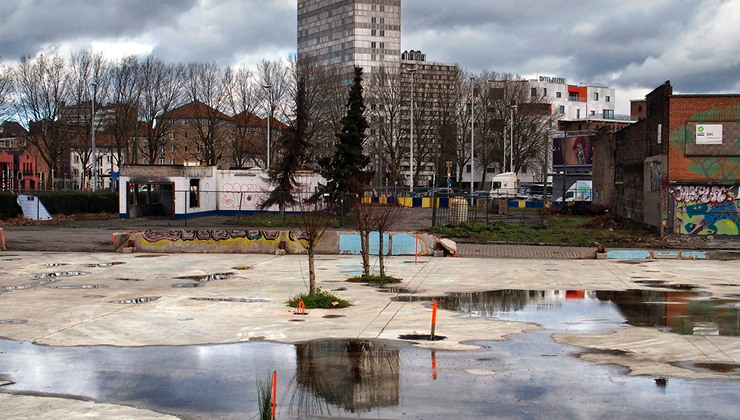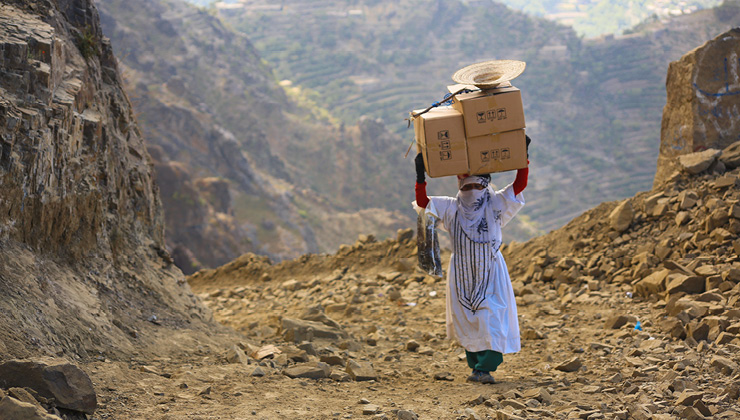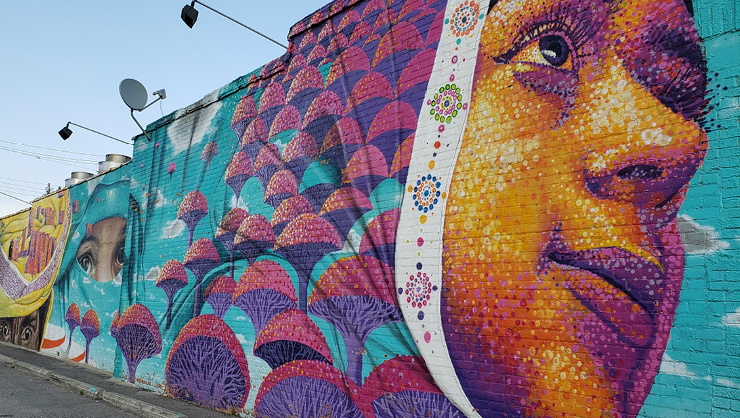Yemeni women have been fundamental to peacebuilding efforts in Yemen, yet barriers to their inclusion remains. Naomi Clugston and Michelle Spearing detail some of these barriers based on recent research findings and propose recommendations that would lead to better engagement with and inclusion of Yemeni women and youth.
One year after the UN Secretary General called for a global ceasefire in the face of Covid-19, Saudi Arabia has called for a national ceasefire in Yemen. Coupled with President Biden’s announcement of an end to the United States’ support of offensive operations by its allies in Yemen, including a temporary halt on arms sales to Saudi Arabia and the United Arab Emirates, could these developments offer real hope for the people of Yemen?
This six-year war has led to the deaths of an estimated 250,000 people and one of the worst famines the world has seen for decades. The need for peace has never been more desperate. However, women across Yemen are worried that a narrow two-party peace deal will leave women excluded from shaping the future of their country, risking a return to the Yemen that was once dubbed the “worst place on earth to be a woman”.
Women have been fundamental to peacebuilding across Yemen to date, with the Abductees’ Mothers Association negotiating the largest prisoner exchange in the history of the Yemen war in October 2020. As well as being an issue of human rights, the inclusion of diverse women in Yemen’s peace process is essential for the establishment of sustainable and equitable peace.
Yemen’s peace talks to date have not reflected the needs of grassroots women and youth – and were weaker for it
Growing evidence shows that the meaningful participation of women at the grassroots and other levels of society builds stronger and more durable peace. Women and youth working on activities that contribute to local level peace have invaluable knowledge and understanding of the needs of civilians on the ground, particularly given the overlap between humanitarian and peacebuilding activities.
However, despite the specific and devastating impact of the conflict on Yemeni women and youth and their key roles in local humanitarian and peacebuilding responses, their voices have been largely excluded from the peace process. At present, there is an acute lack of communication between the grassroots and individuals engaged in the formal peace talks, which prevents grassroots women and youth from influencing discussions and recommendations. This exclusion makes the prospect of sustainable peace – and social and economic recovery – more remote.
At present, there is an acute lack of communication between the grassroots and individuals engaged in the formal peace talks, which prevents grassroots women and youth from influencing discussions and recommendations.
There is appetite from actors at all levels of the peace process to engage with the experiences of Yemeni women and youth, but multiple barriers have prevented this occurring to date. Our research presents key recommendations to support the international community to work with local actors to dismantle these barriers.
Through our research women and youth working at the grassroots, civil society organisations representing women in the peace process, and diplomats engaged in preparing for and facilitating formal peace talks in Yemen were interviewed to understand how different peace actors have engaged (or could engage) with the peace process. The research found that all actors would welcome greater engagement with women and youth at the grassroots. This could both enrich discussions and recommendations made during formal peace talks and enhance the ability of peace talks to build sustainable and equitable peace.
While our research identified barriers to facilitating grassroots engagement in the peace process, ranging from security risks, to financial and logistical barriers, these are not insurmountable. Civil society organisations have key insights and expertise that could be used to make substantive recommendations for peace but are given limited opportunities to do so. When engagement with civil society does occur, they are often given insufficient time to prepare for this engagement or face security, financial and logistical barriers that limit their ability to participate. If civil society actors were given adequate time to prepare and appropriate support to enable their participation, decision-makers in negotiations would be in a stronger position to draw on their insights and expertise.
Further, it is essential that communication channels are opened between peace actors in formal negotiations and those at the grassroots. This requires funding, technical support and effective management. It also requires commitment from formal actors to ensure barriers that grassroots actors may face to using these channels are dismantled and that the channels are used regularly and systematically.
The international community must act to build momentum for talks and shape them to include the voices of women and youth at all levels. With commitment, political will, creativity, and cooperation from the international community and local government and actors, the experiences of women and youth at the grassroots level can and should be meaningfully incorporated into the peacebuilding process in Yemen.
The blog is based on two briefs from SDDirect and CARE International that make recommendations to the Office of the Special Envoy of the Secretary General for Yemen (OSESGY), the donor community and other international actors as they support the Yemeni peace process and increase its chances of bringing much needed sustainable peace and recovery to Yemen.
Further details and full recommendations are found in the two briefs:
- Overcoming the barriers to an interlinked three-track peace process in Yemen
- Barriers to women and youth in peacebuilding in Yemen: What are they and how can they be overcome?
The views, thoughts and opinions expressed in this blog post are those of the author(s) only, and do not necessarily reflect LSE’s or those of the LSE Centre for Women, Peace and Security.
Image credit: United Nations Peacebuilding (1.0)





